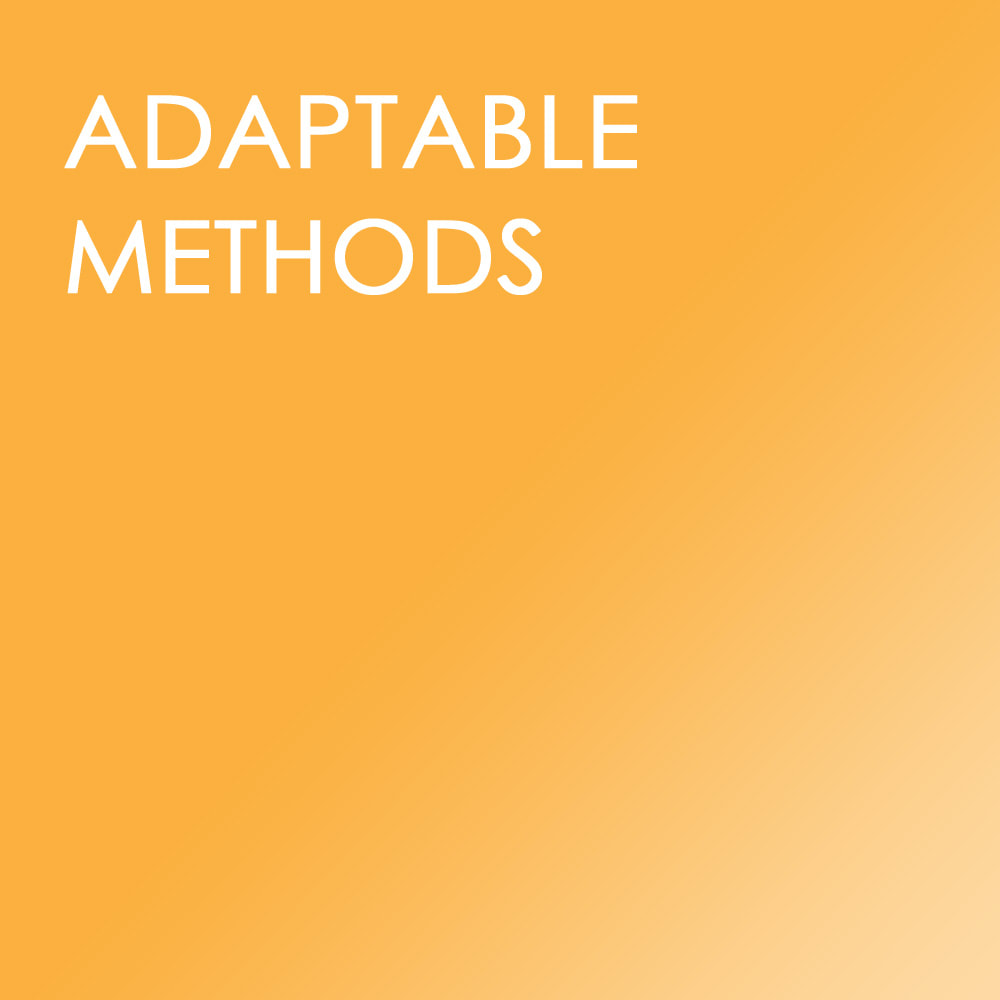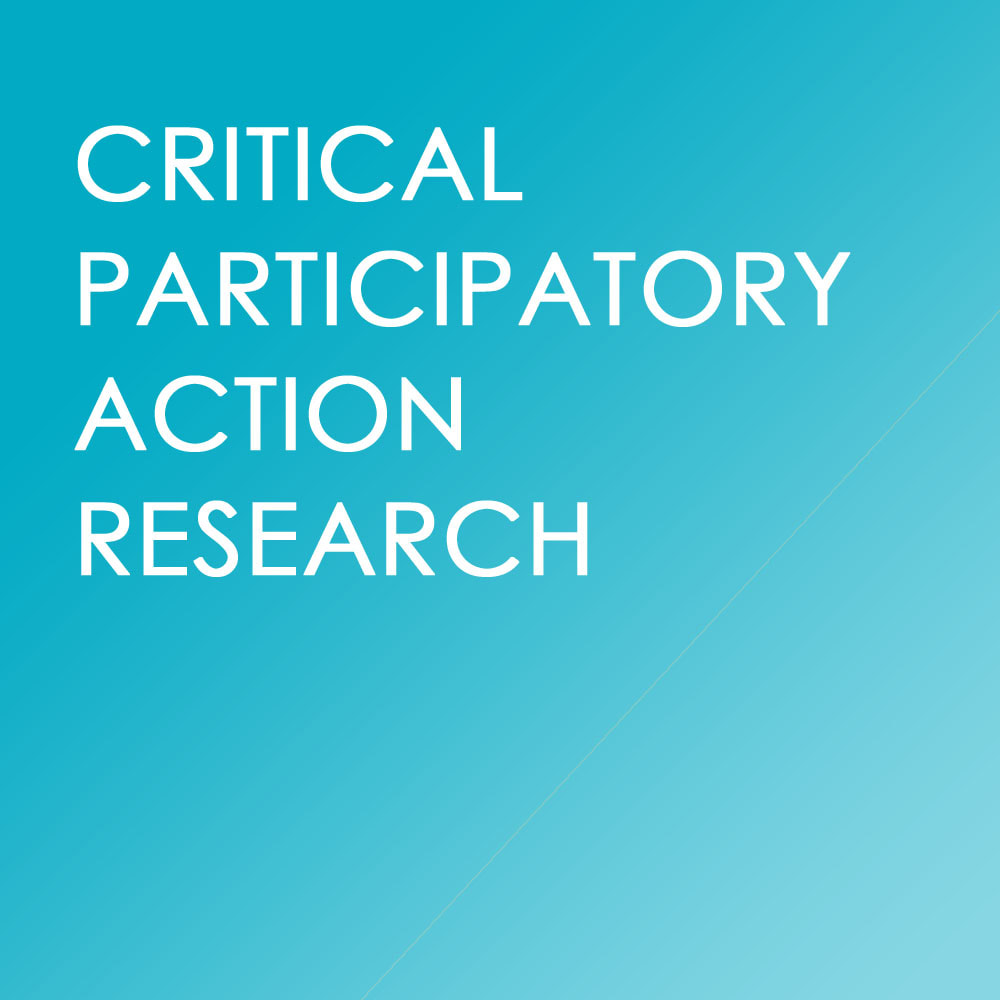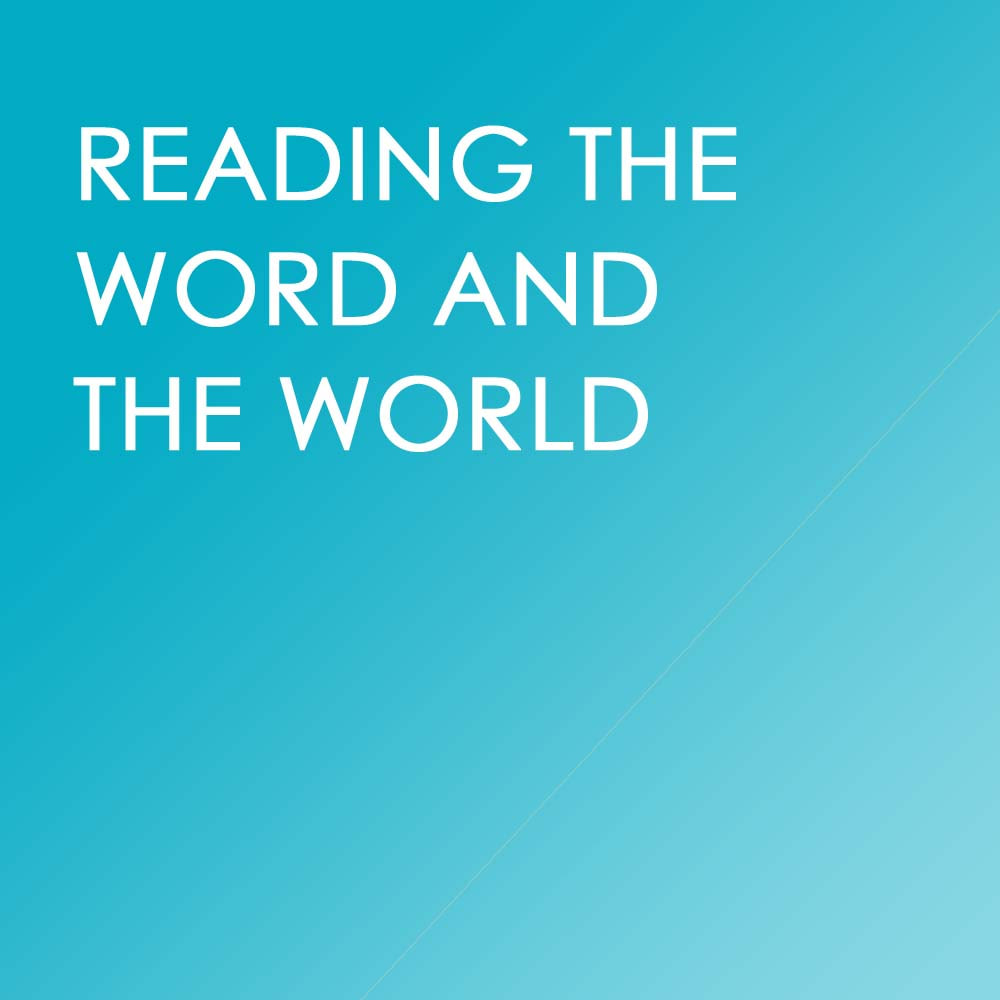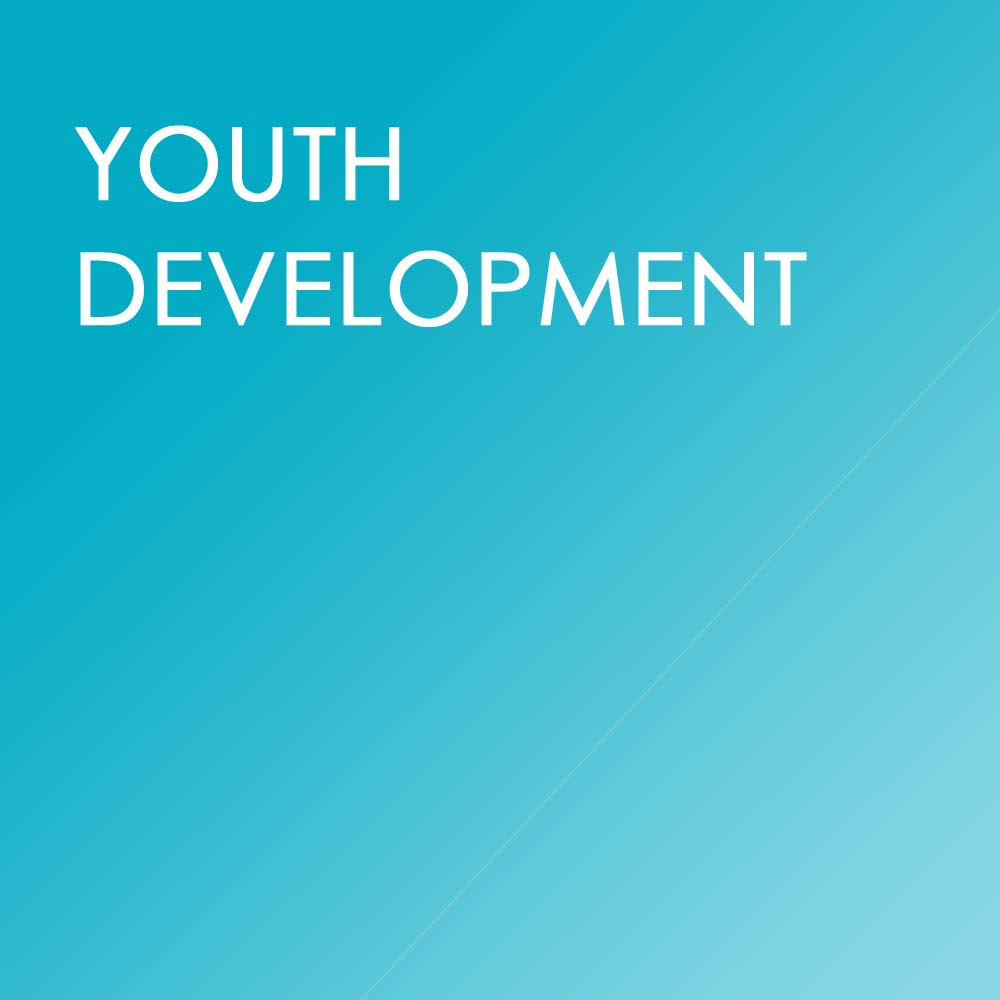INTRODUCTION
There is always plenty to learn for those of us yearning for public school classrooms to become the spaces we know they can be--spaces that are capable of holding the full humanity of our students and ourselves, the kind where learning is joyful and rooted by our desire to cultivate a more just and equitable world. In 2014, we started Humanities Amped because we wanted to experience that kind of classroom, not as a lofty ideal, but as a concrete place where students, teachers, and community can imagine and create exciting possibility in our public schools together.
This curriculum stems from the dialogue and reflections on learning that have occurred among students, co-teachers, and collaborators over the course of the past five years in Humanities Amped classrooms. Through exploration, trial and error, tears, confusion, and some sweet moments of breakthrough, we have learned a few things worth sharing. However, we caution any reader who imagines that this curriculum is something that is, or can be, finished. Shari J. Sternberg (2005) offers a definition of pedagogy that resonates with how we view this curriculum:
Pedagogy is dependent on learners and is remade with each encounter, as the students and the teacher change. … Pedagogy cannot be finished; we cannot “finally” learn to teach. (xviii)
Indeed, a curriculum is remade by anyone who reads it and applies it in their own context. A curriculum cannot be finished; we cannot “finally” have all the tools. This understanding honors the fact that your classrooms are uniquely situated; the learning that you and your students do emerges in surprising and unpredictable ways. Isn’t that the stuff that makes the life of teachers so truly challenging and so truly great?
We offer this curriculum in the spirit of a dialogue with you, as something that you might both borrow from and add to as you explore the approaches and frameworks offered here. Unlike textbooks and the $2 billion dollar industry of standardized testing that imagines pedagogies and knowledge as monolithic, we hope you will devour these approaches, methods, and frameworks and incorporate them into your own context; indeed, much of what we offer here comes from other sources who have shared with us. It is important to acknowledge the tributaries who have made this work possible, and we hope that we did justice to those sources throughout this text, just as we request that you will credit us as you carry these ideas forward.
We are thankful for the support of ReCAST Baton Rouge, a project of the Mayor President’s Office, which has granted us the resources to work on Amplified Classrooms in order to provide educators with the curricular resources and coaching needed to successfully mitigate the impact of trauma, develop students as agents of positive community change, equip educators and students with tools to analyze and act upon their social environments, and connect vulnerable youth and their families to a range of supports and positive outlets. Indeed, Amplified Classrooms is a resource that anchors our educator learning community, a touchstone that we will build from as Humanities Amped educators add to this living curriculum in the months and years to come. We are thankful for that community of teachers, and all those incredible educators who form the Humanities Amped team, past and future. We exist because of the investments that people have made in our work, which begins with our students, their families, our colleagues at McKinley High School where we first took root, the leaders throughout East Baton Rouge Parish School System who’ve given us space to learn, our partners at Louisiana State University and Andover Bread Loaf, our incredible board of directors under the leadership of Susan Weinstein, and the many Baton Rougeans who come into classrooms every day to let our students know that their lives matter.
The mission of Humanities Amped is to create collaborative learning spaces that amplify the well-being & democratic participation of youth in public schools. Another way to say that, as youth leader Tareil George explained so eloquently at a recent ReCAST summit, is “We learn to transform ourselves so that we can transform the world.” Indeed, that is the mission--and we are excited about all that it creates.
This curriculum stems from the dialogue and reflections on learning that have occurred among students, co-teachers, and collaborators over the course of the past five years in Humanities Amped classrooms. Through exploration, trial and error, tears, confusion, and some sweet moments of breakthrough, we have learned a few things worth sharing. However, we caution any reader who imagines that this curriculum is something that is, or can be, finished. Shari J. Sternberg (2005) offers a definition of pedagogy that resonates with how we view this curriculum:
Pedagogy is dependent on learners and is remade with each encounter, as the students and the teacher change. … Pedagogy cannot be finished; we cannot “finally” learn to teach. (xviii)
Indeed, a curriculum is remade by anyone who reads it and applies it in their own context. A curriculum cannot be finished; we cannot “finally” have all the tools. This understanding honors the fact that your classrooms are uniquely situated; the learning that you and your students do emerges in surprising and unpredictable ways. Isn’t that the stuff that makes the life of teachers so truly challenging and so truly great?
We offer this curriculum in the spirit of a dialogue with you, as something that you might both borrow from and add to as you explore the approaches and frameworks offered here. Unlike textbooks and the $2 billion dollar industry of standardized testing that imagines pedagogies and knowledge as monolithic, we hope you will devour these approaches, methods, and frameworks and incorporate them into your own context; indeed, much of what we offer here comes from other sources who have shared with us. It is important to acknowledge the tributaries who have made this work possible, and we hope that we did justice to those sources throughout this text, just as we request that you will credit us as you carry these ideas forward.
We are thankful for the support of ReCAST Baton Rouge, a project of the Mayor President’s Office, which has granted us the resources to work on Amplified Classrooms in order to provide educators with the curricular resources and coaching needed to successfully mitigate the impact of trauma, develop students as agents of positive community change, equip educators and students with tools to analyze and act upon their social environments, and connect vulnerable youth and their families to a range of supports and positive outlets. Indeed, Amplified Classrooms is a resource that anchors our educator learning community, a touchstone that we will build from as Humanities Amped educators add to this living curriculum in the months and years to come. We are thankful for that community of teachers, and all those incredible educators who form the Humanities Amped team, past and future. We exist because of the investments that people have made in our work, which begins with our students, their families, our colleagues at McKinley High School where we first took root, the leaders throughout East Baton Rouge Parish School System who’ve given us space to learn, our partners at Louisiana State University and Andover Bread Loaf, our incredible board of directors under the leadership of Susan Weinstein, and the many Baton Rougeans who come into classrooms every day to let our students know that their lives matter.
The mission of Humanities Amped is to create collaborative learning spaces that amplify the well-being & democratic participation of youth in public schools. Another way to say that, as youth leader Tareil George explained so eloquently at a recent ReCAST summit, is “We learn to transform ourselves so that we can transform the world.” Indeed, that is the mission--and we are excited about all that it creates.
Destiny Cooper
|
Emma Gist
|
Alex Torres
|
Anna West
|
Curricular Frameworks
The following interdependent curricular frameworks include guideposts and structures for implementation along with resources and explanation of supporting theories.

Amplified Classrooms by Humanities Amped is licensed under a Creative Commons Attribution-NonCommercial-ShareAlike 4.0 International License.




